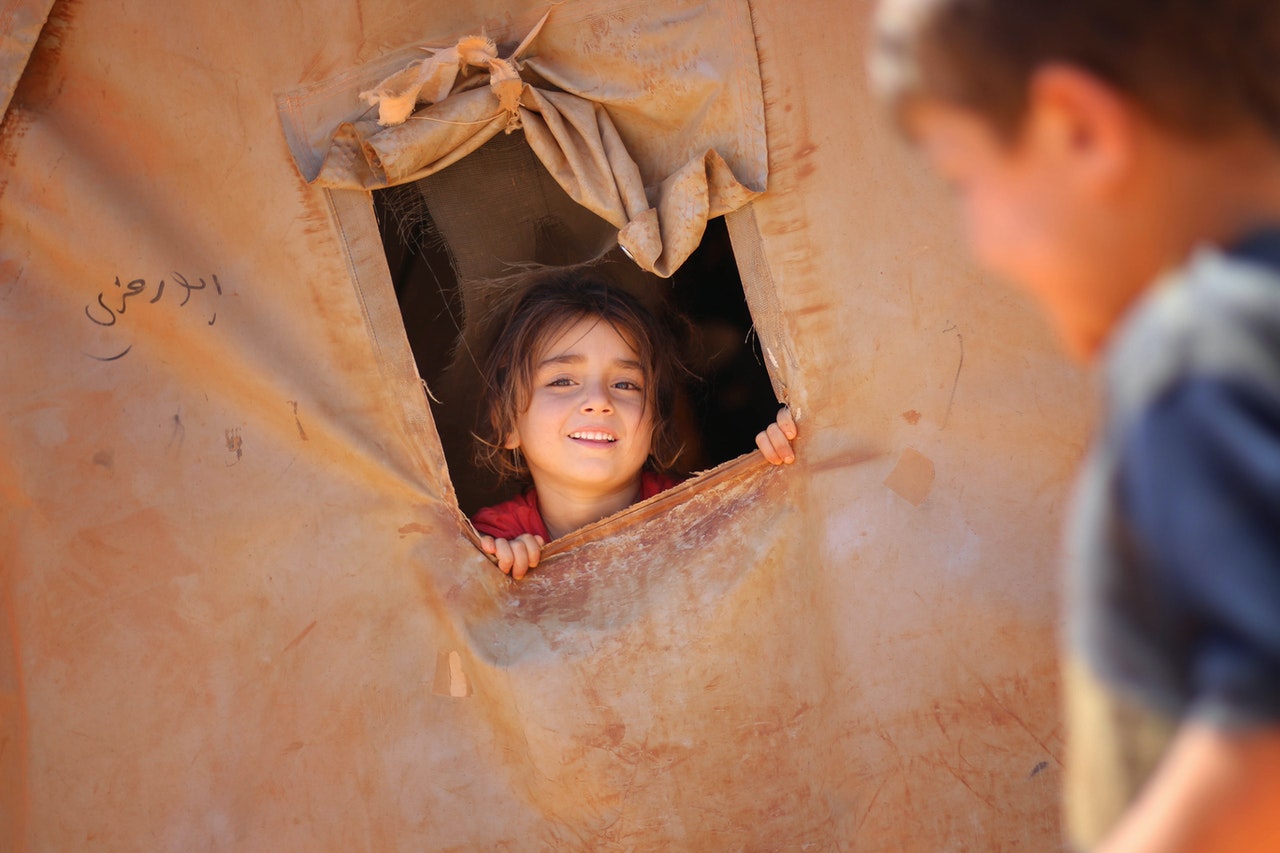
A refugee is a person who has fled their own country because they are at risk of serious human rights violations and persecution there. The risks to their safety and life were so great that they felt they had no choice but to leave and seek safety outside their country because their government cannot or will not protect them from those dangers. Refugees have a right to international protection.
An asylum-seeker is a person who has left their country and is seeking protection from persecution and serious human rights violations in another country, but who hasn’t yet been legally recognized as a refugee and is waiting to receive a decision on their asylum claim. Seeking asylum is a human right. This means everyone should be allowed to enter another country to seek asylum.
Applicant is not eligible if:
- the claimant has ever before made a refugee claim in Canada;
- the claimant has been recognized as a refugee in another country and can be returned to that country;
- the claimant came to Canada through a designated “safe third country”;
- the claimant has been determined to be inadmissible based on security, serious criminality, organized criminality, or violating human or international rights.
Safe Third Country
Canada has signed an agreement with the United States designating the U.S. as a “safe third country”. Claimants coming from, or even just passing through the U.S., are ineligible to make refugee claims at a Canadian border crossing by land. They will be turned back to the U.S.
Claiming Asylum Status
Individuals who present themselves at a Canadian port of entry, an inland Canada Border Services Agency (CBSA), or Immigration, Refugees, and Citizenship Canada (IRCC) may make an asylum claim. From there, the CBSA or IRCC agent will determine if this individual is eligible to claim asylum. In addition to providing well-founded proof of persecution in their country of origin, those seeking asylum will also undergo biometric, biographic, security, and criminality checks before they can be granted refugee status in Canada.
Refugee Sponsorship By Group
There are many ways that Canadians, their communities, and organizations sponsor refugees and help them to resettle into their new life in Canada. These sponsorship programs help refugees find a place to live, provide financial, social, and emotional support, and donate food and clothing as they resettle and adjust to life in Canada.
Groups of Five is a private sponsorship program where five or more Canadian citizens or permanent residents sponsor one or more refugees to resettle within their community. These sponsors must be over the age of 18, and can only sponsor applicants who already hold refugee status in Canada.
A semi-private sponsorship program, the Blended Visa Office-Referred Program has private sponsors collaborating with the Government of Canada to sponsor a United Nations Refugee Agency-identified refugee.
Corporations and organizations can also lend a hand at sponsoring refugees as a Sponsorship Agreement Holder, a Community Sponsor for applicants who already have refugee status in Canada, or via the Joint Assistance Sponsorship Program, where organizations partner with the Government of Canada to sponsor refugees with special needs.
Canadian immigration comprises of various programs. Contact us today for full details about how we can work with you based on your profile. We are glad to discuss your immigration-related questions or queries.
The best way to start is to have a free initial consultation. Contact us via the details below or send us your details.

